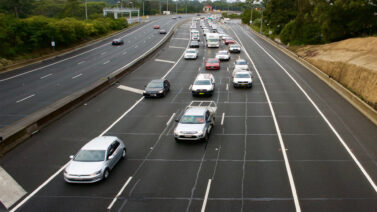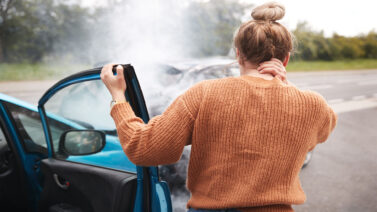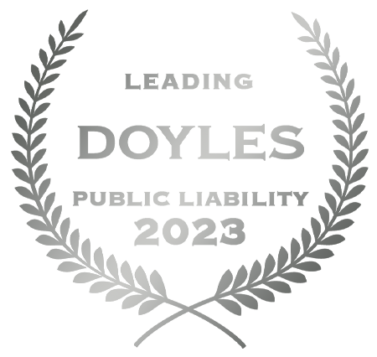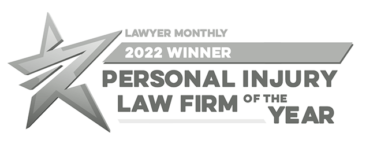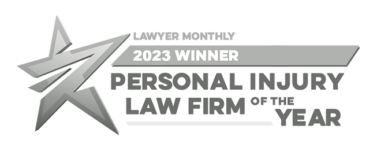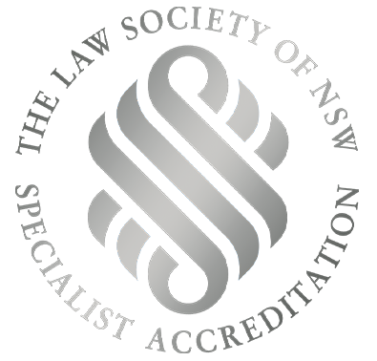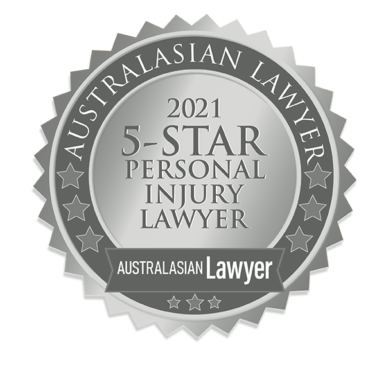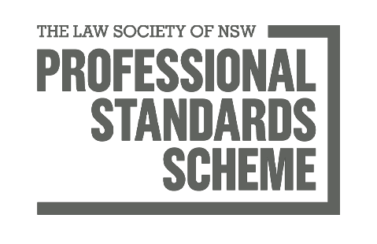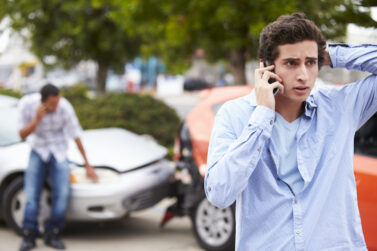
Motor Accident Stats and Facts Every Road User Should Know.
There are people all around the world who need to engage in so-called dangerous activities to get their blood pumping and adrenaline flowing.
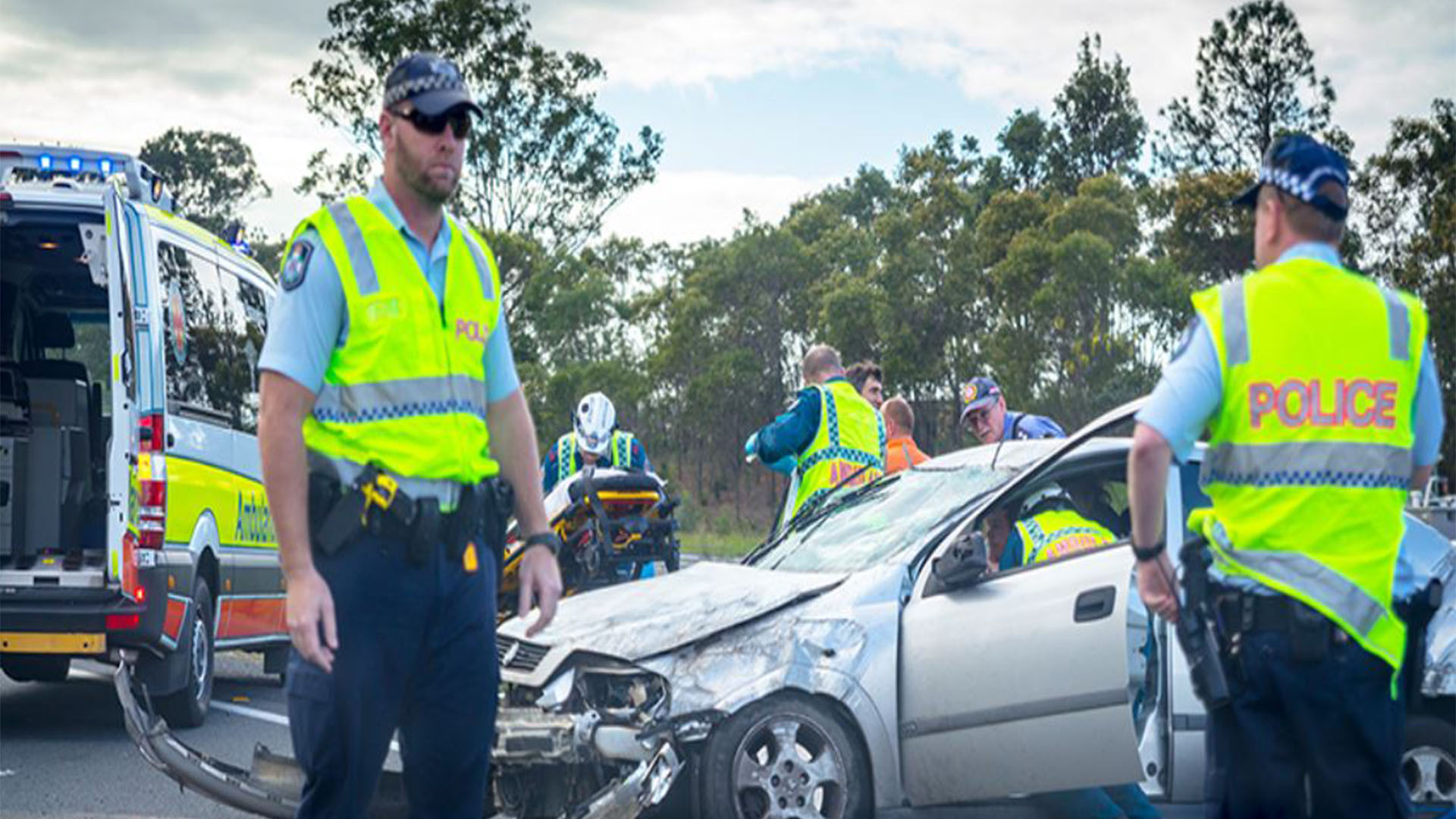
Sky diving, swimming with sharks, base jumping – there aren’t many activities out there, no matter how dangerous, that someone hasn’t tried.
But when it comes to danger, some don’t need to look too far beyond their everyday life because riding in a car is statistically one of the most dangerous activities on the planet.
According to the World Health Organisation, more than 1.25 million people around the world die every year as a result of road traffic accidents with up to a further 50 million sustaining some sort of injury.
Being aware and understanding the major risk factors associated with motor vehicle accidents can significantly reduce your risk of suffering some sort of road-related trauma.
Here are some risk factors, statistics and facts you should know before the next time you jump into your car.
Think a little speeding can’t hurt . . . think again!
There’s a common misconception that going over the speed limit by five or 10 kilometres an hour is harmless, and you need to be doing at least 20 kilometres over the limit to really be a danger on the roads. This is not at all true!
Over the past five years speeding has contributed to 23 percent of all accidents that result in injuries in NSW. A breakdown of global crash data has shown that an increase of 1km/hour in vehicle speed results in a 3 percent increase in the risk of a motor vehicle accident.
So next time you think you’re harmlessly travelling 5km over the speed limit, just know, you’re 15 percent more likely to be involved in an accident.
You may be interested in: the top 10 worst roads in NSW.
Keep your emotions in check and let your body rest
It’s no secret that fatigue increases your risk of causing a motor vehicle accident and sustaining serious injury. On average, 800 people in NSW are seriously injured every year due to fatigue-related accidents. But did you know that your mood and emotional state can also significantly increase your risk of causing an accident?
According to a study conducted by Virginia Tech Transportation Institute, driving while visibly angry, sad, crying or emotionally agitated can increase your risk of causing an accident by nearly 10 times. Essentially, these particularly strong feelings can have a dramatic impact on your decision making and the way you anticipate and perceive hazards.
So next time you feel as though you don’t have full control of your emotions, maybe think twice about getting behind the wheel.
It doesn’t pay to multitask
Usually it’s a beneficial skill to be able to multitask but that certainly doesn’t apply when driving a motor vehicle. Using your mobile phone, doing your make up (using the mirror), and reaching for an object can all increase your likelihood of being involved in a motor vehicle accident by up to four, seven and five times respectively.
Perhaps more alarming is the fact that at 60km/hr, when you take your eyes off the road for just two seconds, you travel a whopping 33.3 metres blind. And at 80km/hr that figure jumps to 45 metres.
Always make use of your in-car lifeline
You wouldn’t board a plane that didn’t have life vests so why would you enter a car and not fasten your seat belt?
Seat belts not only save lives but according to the US Department of Transportation, can reduce the risk of serious injury by 50 percent. In addition, those who are involved in a crash and aren’t wearing a seat belt are 30 times more likely to be ejected from the vehicle – of which, 75 percent go on to die from the injuries sustained. So do yourself a favour and buckle up!

Tanja Maksimovic
Managing Solicitor
An accredited specialist in personal injury law, backed by over 10 years’ experience in assisting injured Australians receive everything they’re entitled to with their motor accident claim.
Call 13 15 15 or chat to us now for free advice
Chat nowFind out how much you can claim.
Get startedDo I have a case?
Our senior lawyers will assess your case for free.
